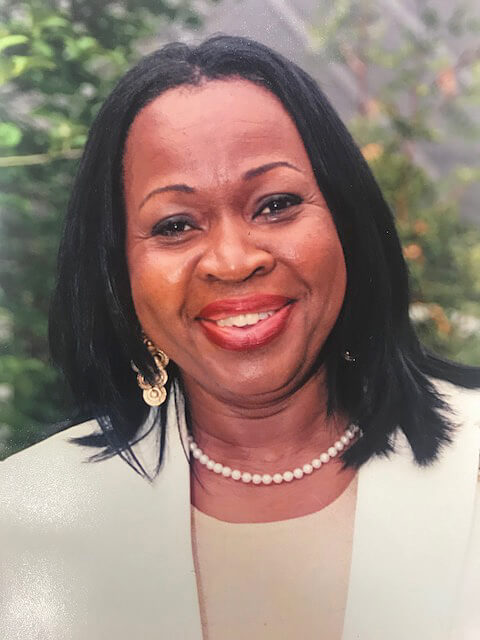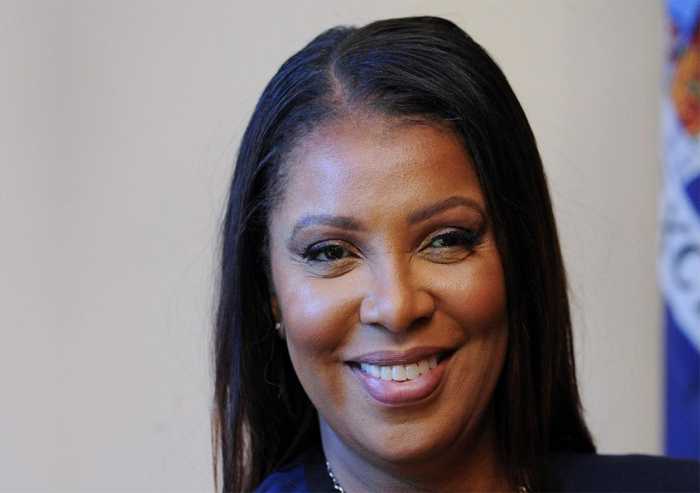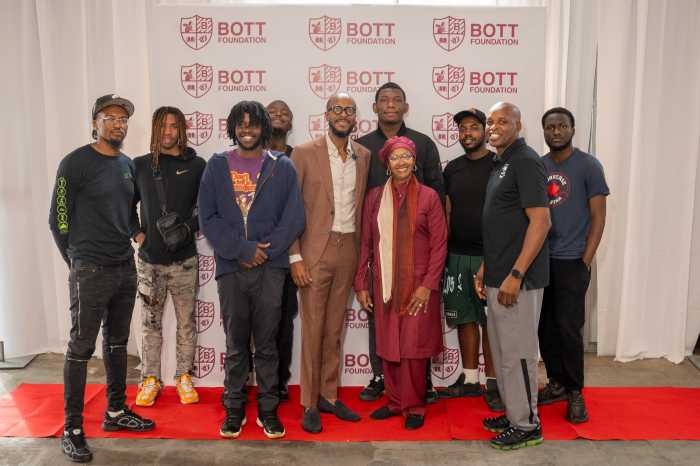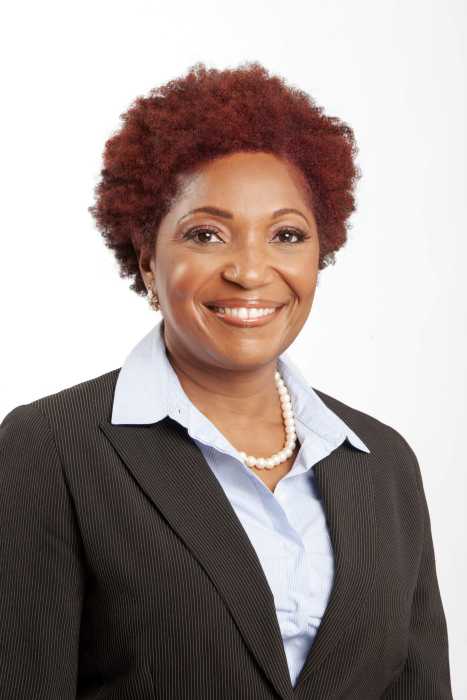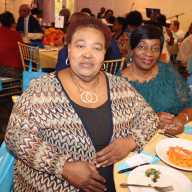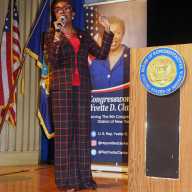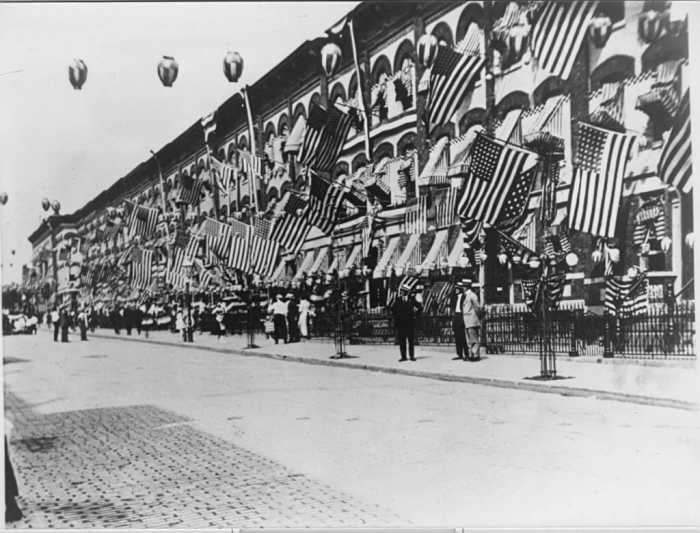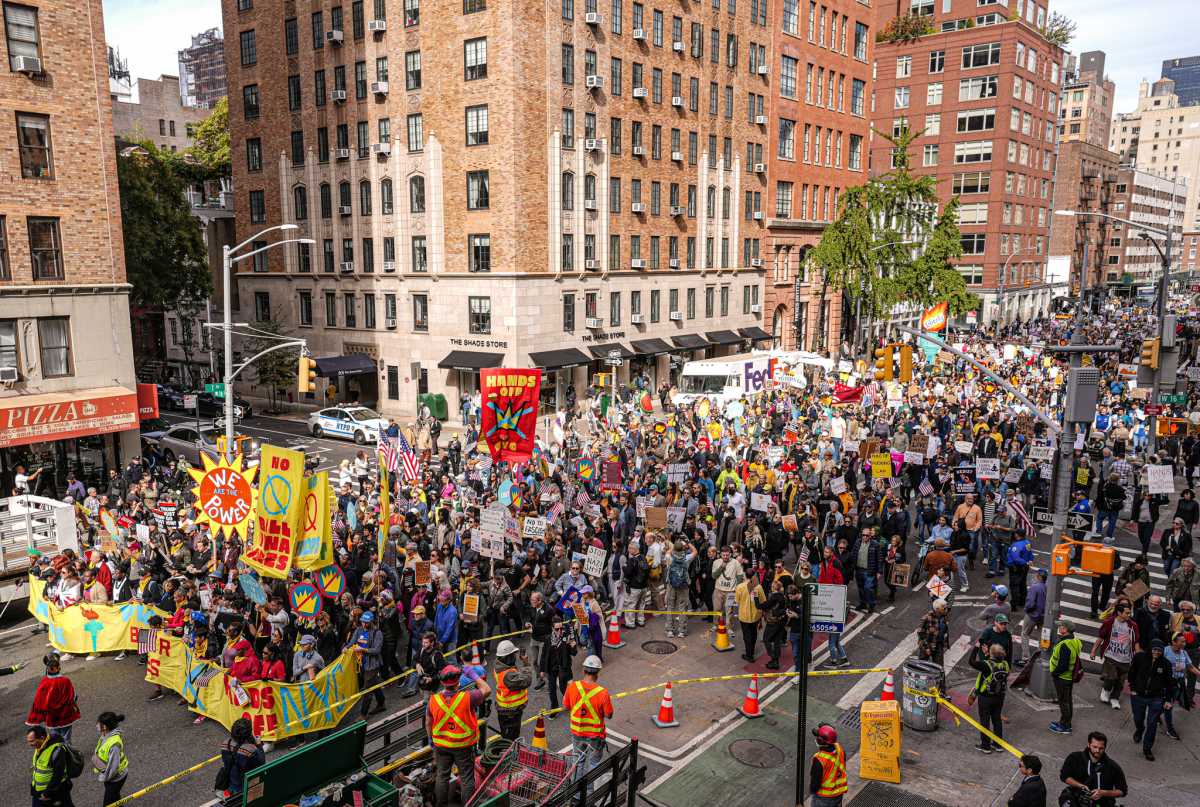The Brooklyn-based, newly-formed Caribbean American Lawyers Association (CALA) hosted its first annual Black History Month celebration on Zoom on Saturday under the theme, “Black Family: Representation, Identity and Diversity.”
“Our organization is proud to present today’s program, which highlights the aspects of this theme,” said CALA’s first president, Barbadian-born Justice Sylvia Hinds-Radix, who serves as an Associate Justice of the New York State Appellate Division, Second Department.
“Now more than ever, the events of the past months have made us acutely aware of the family,” she added in her introductory remarks. “The deaths of George Floyd, Breonna Taylor, amongst many others, and a pandemic which has claimed almost 500,000 lives in our nation – a significant number of whom were people of color – demonstrate our need to take care of each other.
“The month of February has been dedicated to our heritage, but it doesn’t have to end there,” Justice Hinds-Radix continued. “Every day of every month is important to us. There is still a lot of work to be done before we will really acknowledge equality, no matter what our individual or collective contributions to this country and the world may be.
“But we must remain steadfast,” she urged. “We must continue to stand together and make our voices heard – not only during February but always.”
Queens Congressman Gregory Meeks, chair of the US House of Representatives’ Foreign Relations Committee, was the keynote speaker.
Other speakers included Dale Fong-Frederick, Esq., and Dr. Arlene Henry-Hall.
Brennan Luke Forte recited an original poem, and Roberts played Bob Marley’s “We Jammin” on pan.
CALA also named the trail-blazing former New York City Council Member Dr. Una S.T. Clarke as the first recipient of its Lifetime Achievement Award. Jamaican-born Dr. Clarke was the first Caribbean-born woman to be elected to the City Council.
CALA vice president Michelle DeSouza-Forte, Esq., a solo practitioner for seven years before joining the firm of Grimaldi and Young, and Sonia Blake, co-founder and chief executive officer of the Federal National Land, LLC, a minority women business enterprise moderated the celebration.
Blake is a graduate of Norman Manley Law School in Jamaica and a CALA board member.
“Thank you to my officers and board members for your constant and steadfast support and dedication to making CALA an up-and-coming premier bar association in Brooklyn,” Justice Hinds-Radix said.
She told Caribbean Life that CALA was formed last July after she was contacted by a few Caribbean attorneys who wanted to see a bar association that reflected the Caribbean Diaspora.
Justice Hinds-Radix, a former administrative judge for Civil Matters in the Second Judicial District, said CALA’s vice president, Yvette Hinds-Wills, had specifically reached out to her, “because she had this burning desire to form such a bar association.
“Collectively, they believed it was timely and necessary, both in the legal profession and in the community as a whole,” Justice Hinds-Radix said.
Similar to other bar associations, she said CALA intends to serve the community by providing legal information; mentorship of young attorneys and those who want to become attorneys; conducting courses informing people of their individual rights.
“The association intends to continue the growth and promotion of the law, within the Caribbean community, to get young people the necessary exposure early on to understand how they can become lawyers, judges and community leaders,” Justice Hinds-Radix said.
She said this can be accomplished by “going into schools on career days, working with churches and other community organizations to provide information on the issues that impact our community the most, such as immigration, housing, elder abuse, etc.”
Justice Hinds-Radix said CALA’s long-term goals include having “seasoned mentors who can guide young attorneys to ensure that they are fully familiar with their ethical responsibilities.
“This is extremely important during these times,” she said. “Young attorneys need to understand that they are held to a higher standard ethically; and, if they go afoul, they must have the resources and the knowledge necessary, so they do not lose their licenses to practice law.”
In addition, Justice Hinds-Radix said the formation of CALA is “a great opportunity to make the legal community familiar with the lawyers and judges, of Caribbean descent, who live, work and practice in the community.”
She said CALA’s officers, board of directors and members hail from various islands within the Diaspora, including Barbados, Trinidad and Tobago, Jamaica, Haiti, Guyana, Dominica and Puerto Rico, among others.


